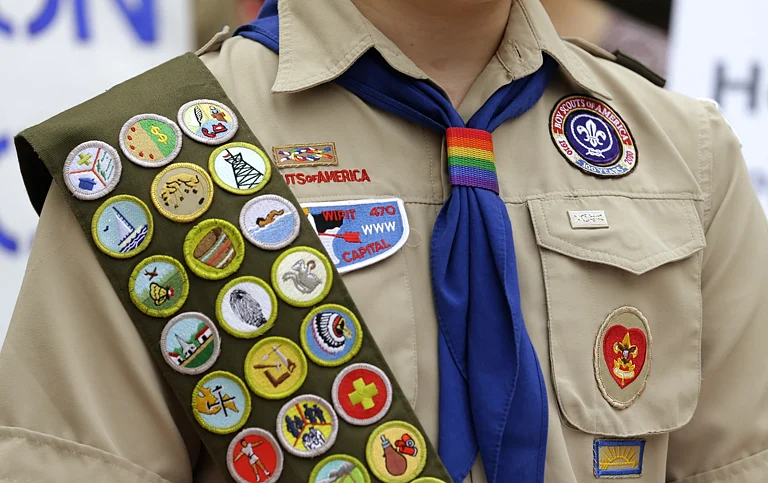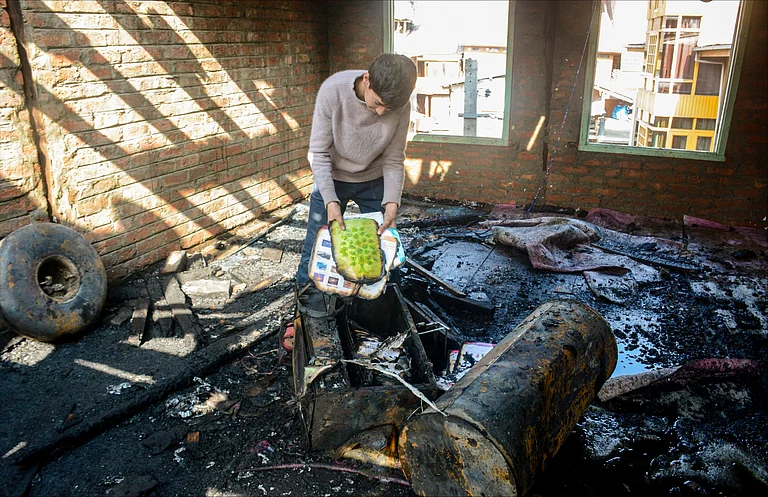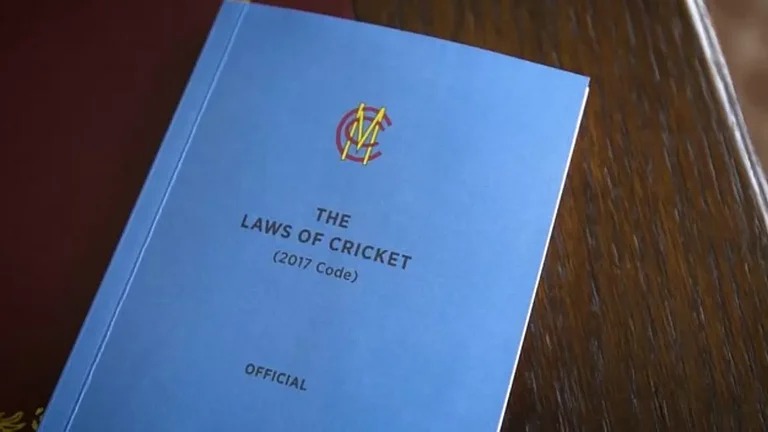A group of 13 conservative federal judges have declared their intention to refrain from hiring Columbia University law students or undergraduates due to the school's handling of recent pro-Palestinian demonstrations on its campus.
In a letter addressed to Columbia President Minouche Shafik and Law School Dean Gillian Lester, the judges condemned the university's management of student disruptions and alleged instances of antisemitism, labeling the Manhattan campus as "ground zero" for such incidents nationwide.
Columbia University has become a focal point for protests against the conflict in Gaza, with demonstrations spreading to numerous campuses across the United States. Last week, the New York Police Department was called in to dismantle a protest encampment on the university grounds, resulting in multiple arrests and the clearance of demonstrators occupying a campus building.
"As judges who hire law clerks every year to serve in the federal judiciary, we have lost confidence in Columbia as an institution of higher education," the letter asserts. "Columbia has instead become an incubator of bigotry... disqualifying itself from educating future leaders of our country."
The letter, shared with CNN by Judge James C. Ho, along with Judges Elizabeth L. Branch and Matthew H. Solomson, highlights the judges' concerns about the university's role in fostering an environment they perceive as intolerant and disruptive.
The signatories of the letter, all appointed by former President Donald Trump, primarily serve in Texas federal courts. Notable among them is Judge Matthew Kacsmaryk, known for his order blocking broader access to mifepristone, a decision later heard by the Supreme Court in March last year.
Federal judges' hiring decisions can significantly impact law graduates' career trajectories, with clerkships often leading to prestigious and lucrative positions in the legal field.
The judges also outline recommendations for Columbia University, including advocating for "serious consequences" for students and faculty involved in campus disruptions.
Columbia University has a history of student protests, ranging from peaceful demonstrations to more disruptive actions like building occupations. The judges argue that trespassing and occupying public spaces warrant incarceration and suggest that universities identify and caution potential employers against hiring students involved in such activities.




























